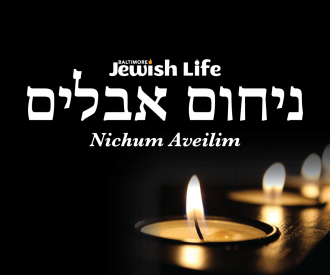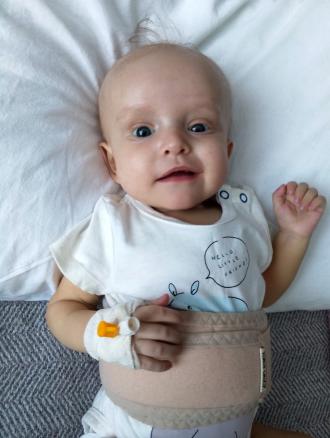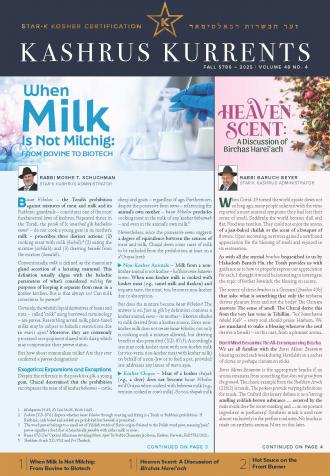This is the story of Jewish sages who, in a decision recalling Solomon, split a beloved children’s entertainer down the middle, rather than see him come to harm.
Now there are two Uncle Moishys, and both are Canadian. And it took a ruling from a beit din in New York to make it happen.
The beit din, a private Jewish court called the Machon Le’Hora’ah, considered a dispute about who owns the name “Uncle Moishy,” and who can perform the songs that the performer has sung for 40 years.
The Wikipedia entry for “Uncle Moishy and the Mitzvah Men” says that the group began in Toronto in 1975. The original members included Moshe Tanenbaum, Zale Newman and Chaim Shainhouse. Their first album, according to the website, was released in 1979.
“Uncle Moishy” was especially popular in the 1980s and early ’90s, “when a limited supply of kosher entertainment was available,” noted the New York-based Orthodox website, CoLlive.
With the trademark Hebrew letter mem affixed to his black fedora, Uncle Moishy has used song and verse to extoll the joys of performing mitzvot and living a religious Jewish life. He’s performed at Chabad synagogues and centres in Canada, the U.S., Israel, the U.K., South Africa and Hong Kong, among other places, before throngs of adoring children.
His audiences have loved his zany send-ups of ’60s hits, including Hey Dum Diddley Dum and Shake It Up, Zaidy.
Since the ’70s, Uncle Moishy and his Brooklyn-based production company, Suki & Ding Productions, have produced 22 albums and 14 videos.
But some time ago, Tanenbaum’s relationship with Suki & Ding soured, following a dispute over money and who owned the Uncle Moishy character. The case went to the rabbinical court.
In a ruling delivered last October and clarified in the last few weeks, the beit din found that while the songs and music of Uncle Moishy belong to Suki & Ding, both parties may use the stage name “Uncle Moishy.”
Tanenbaum then moved to anther production company, Sonic Duo Productions, and continues to perform and record as Uncle Moishy.
Meanwhile, Suki & Ding found a new Uncle Moishy, Rabbi Yossi Berktin, a long-time Toronto children’s musician and entertainer who goes by the moniker “Rabbi B.”
Rabbi Berkton did not return The CJN’s messages. But on his website, he says that he’s played “over a hundred concerts and entertained and educated hundreds of little kids. Like Raffi of my generation, or Uncle Moishy in the Jewish world, I hope to inspire, motivate and excite kids all over the world in music.”
David Golding, the “Ding” in “Suki & Ding,” told CoLlive that, “We are having amazing success with our shows with the new Uncle Moishy. People are loving him. He is super talented, friendly and the kids love him.”
Fans “will ultimately make the choice that (the new Uncle Moishy) is superior,” he said. “We believe they will make the decision to go with him.”
Earlier this year, Suki & Ding released a CD of music from the new Uncle Moishy. “I do not support the new Uncle Moishy,” groused one reviewer on the company’s website. “There’s nothing like the original Uncle Moishy voice.”
Offered another listener: “People will need to get over their hard feelings over the politics. This Uncle Moishy too is good. Let your kids enjoy it.”
Last Hanukkah, Tanenbaum released his first solo album, titled Welcome. His website sells his recordings, as well as games, puzzles and an Uncle Moishy plush doll.
The CJN reached out to Tanenbaum, but his Florida-based lawyer, Farley Weiss, called in his stead.
“The beit din came to its decision,” Weiss said. “We felt and believed that they should have decided in our favour; that since my client, Uncle Moishy (Moish Tanenbaum), created the name Uncle Moishy, performed as Uncle Moishy before he ever got involved with Suki & Ding – that he wants to go out on his own and perform as Uncle Moishy again (and that) he should be able to do so, and should be the only one doing it.
“The beit din decided that either party can use the name Uncle Moishy. We’re going to abide by the decision of the beit din.” Read more at CJN












